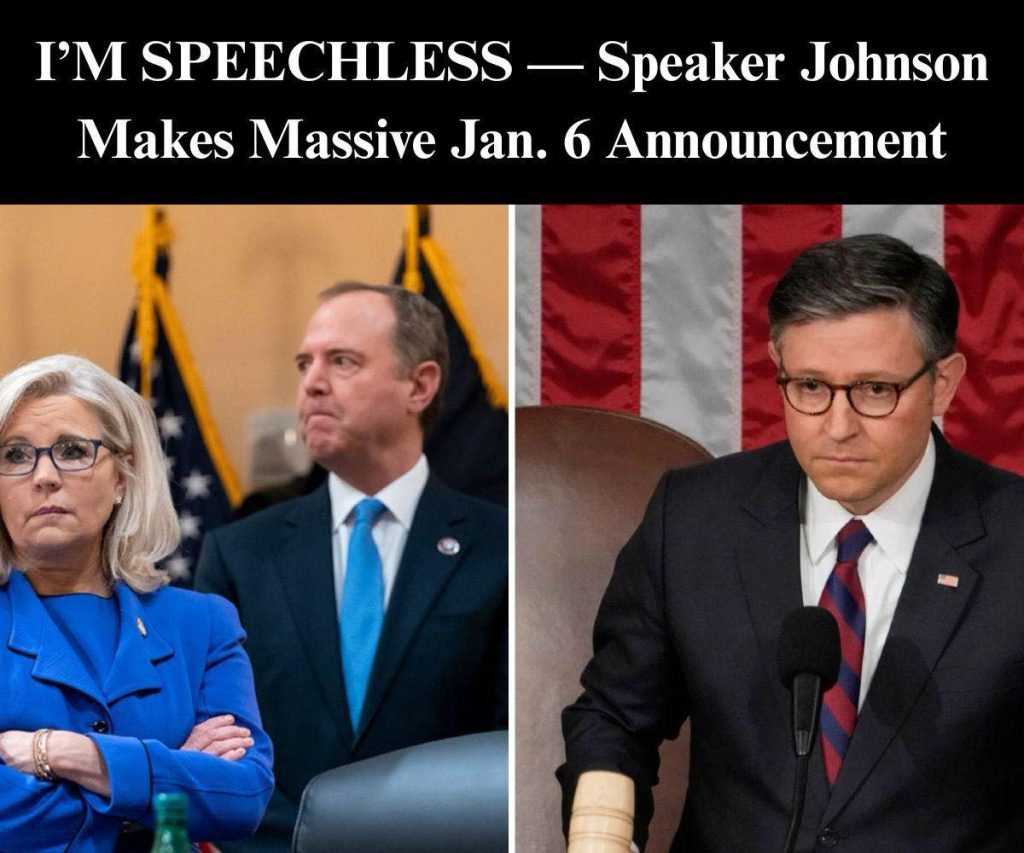House GOP Seeks High-Court Lifeline for Steve Bannon, Calling Jan. 6 Committee “Illegitimate”
The aftershocks of the January 6 attack on the U.S. Capitol are still reverberating—this time at the Supreme Court. A coalition of House Republicans has filed an amicus brief urging the justices to throw out former Trump strategist Steve Bannon’s contempt-of-Congress conviction and, in the process, declare the now-dissolved House January 6 Select Committee constitutionally flawed.
If the Court takes up the case, it will be asked to decide far more than Bannon’s fate. At stake are the rules that govern congressional investigations, the scope of subpoena power, and the balance of authority among the branches of government.
Why Bannon Landed Before the Supreme Court
-
2022: Bannon is convicted on two counts of contempt of Congress after refusing to testify or hand over documents to the January 6 panel, citing executive privilege.
-
July 2024: Multiple failed appeals later, he begins a four-month prison sentence.
-
2025: House Republicans—now the chamber’s majority—submit a brief asserting the committee that subpoenaed him was invalid from day one.
Their argument: because then-Speaker Nancy Pelosi blocked several of GOP Leader Kevin McCarthy’s nominees (Reps. Jim Jordan, Jim Banks, and others), the panel never had a proper “ranking minority member,” a basic House rule meant to guarantee bipartisan representation. Without that safeguard, they insist, every subpoena the committee issued—including Bannon’s—was void.
The Broader GOP Case
Rep. Barry Loudermilk (R-Ga.) is front-and-center in the filing, which contends:
-
Procedural violation: The committee’s structure breached House Rule XI by lacking a legitimate minority counterpart.
-
Partisan tilt: With only two anti-Trump Republicans—Reps. Liz Cheney and Adam Kinzinger—seated by Pelosi, the panel functioned as a one-sided probe.
-
Illegitimate subpoenas: Any refusal to comply with an unlawfully formed committee should not be criminally punishable.
If the Court embraces that view, it could upend not only Bannon’s conviction but the legal reach of future congressional inquiries.
Democrats Cry Foul
Former committee members and House Democrats call the brief “revisionist history”:
-
Rep. Jamie Raskin (D-Md.) says Bannon “defied a lawful subpoena” and that Republicans are inventing a “technicality” to rewrite the past.
-
They note the panel was authorized by a full House vote and interviewed 1,000+ witnesses, producing an 800-plus-page report on efforts to overturn the 2020 election.
For them, undoing Bannon’s conviction would reward stonewalling and erode Congress’s oversight muscle.
What the Supreme Court Might Decide
Legal analysts see several possible outcomes:
| Scenario | Impact |
|---|---|
| Court declines the case | Bannon’s conviction stands; precedent on House subpoenas remains unchanged. |
| Narrow ruling | Court upholds Bannon’s sentence but clarifies rules for future select committees—e.g., stricter bipartisan requirements. |
| Broad ruling | Justices invalidate the panel’s subpoenas altogether, potentially shrinking congressional investigative power and rewriting House practice. |
Observers note the Court may be wary of retroactively nullifying an entire investigation that has already concluded—but could still seize the chance to set new guardrails for future probes.
A Test of Oversight vs. Separation of Powers
Constitutional scholars say the case spotlights enduring questions:
-
How far can Congress go when compelling testimony from current or former executive-branch insiders?
-
Are internal House rules a constitutional imperative or merely procedural guidelines lawmakers can bend?
-
Who polices the rule-making process—the courts or Congress itself?
“This isn’t merely about one witness,” explains law professor Sarah Wexler. “It’s about defining the outer limits of legislative power when the other branches push back.”
Political Stakes: More Than Bannon
Republicans portray Bannon as a casualty of partisan overreach. Conservative commentators frame the case as proof that the prior House majority weaponized subpoena power to damage Donald Trump before the 2024 election.
Democrats counter that invalidating the committee would hamper Congress’s ability to investigate presidential misconduct—present or future.
Either way, the Supreme Court’s response will ripple through every subsequent attempt by lawmakers to check the White House, whatever party holds it.
What Happens Next?
-
Docket watch: The Court has not yet said whether it will hear oral arguments. If it does, a decision could land in late 2025 or early 2026.
-
Bannon’s sentence: He remains incarcerated unless the justices grant a stay or reverse his conviction.
-
Future committees: House leaders—Democrat or Republican—will likely revisit membership rules to avoid similar challenges.
For now, the brief marks the latest chapter in a running battle over the legacy of January 6—one that now rests, quite literally, in the hands of the nation’s highest court.


